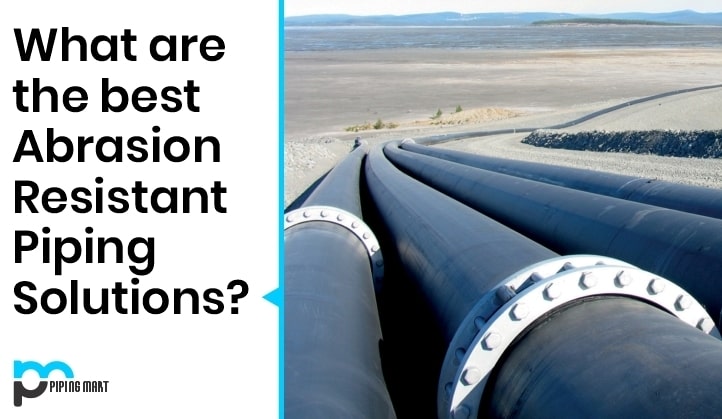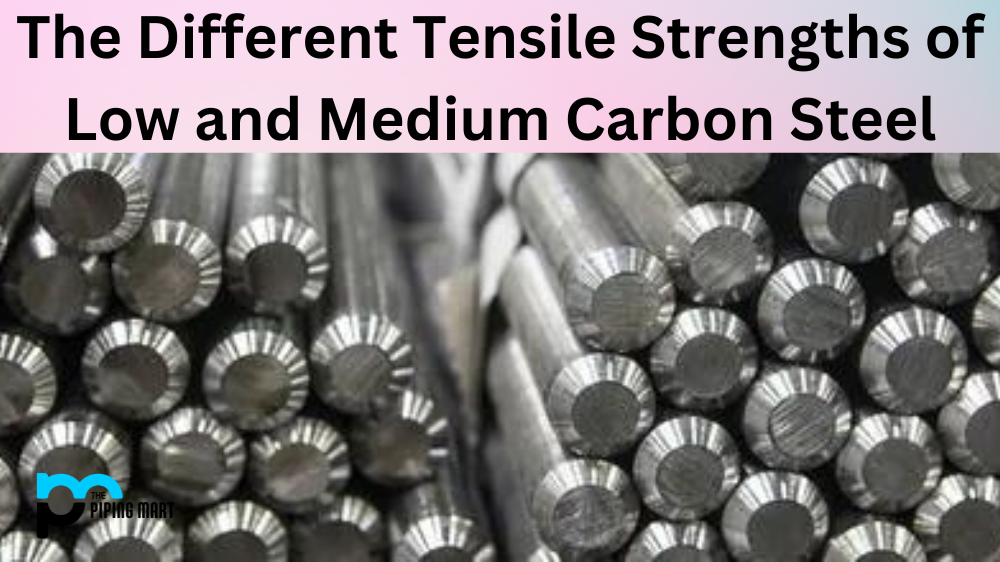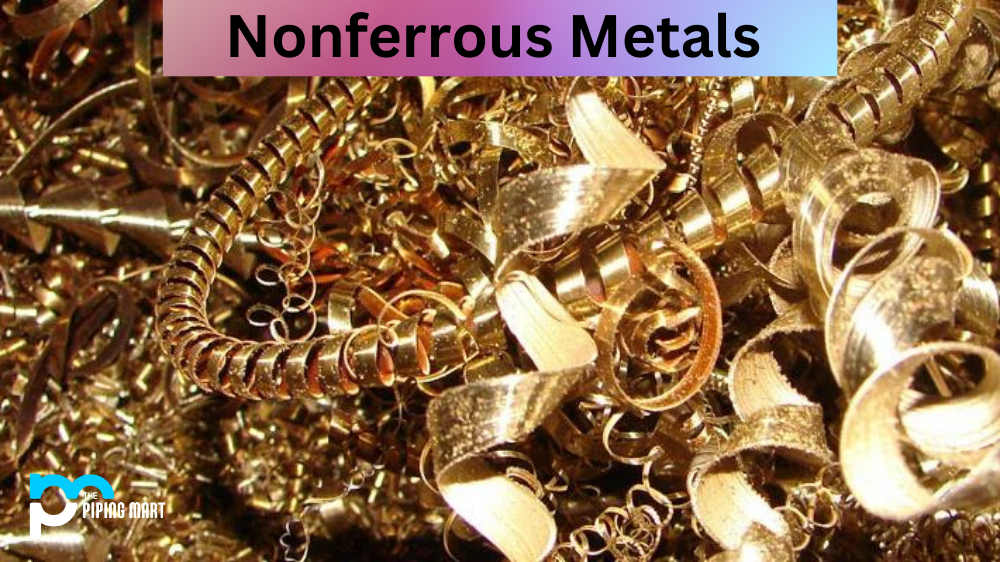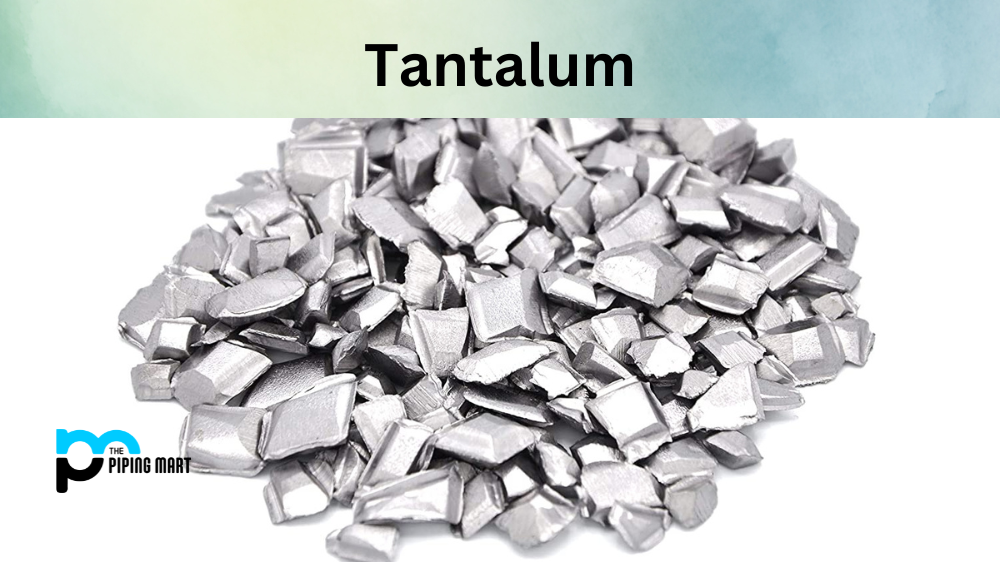Steel piping systems are commonly employed in coal-fired power plants for a number of uses, including the transport of coal ash slurry to surrounding settling ponds, the transfer of calcareous slurry to absorbing spray towers to extract sulfur dioxide (SO2) and hydrogen chloride (HCl) from flue gases, and the processing of calcium sulfate by-product from the flue gas desulfurization cycle.
Moreover, as such abrasive, caustic slurries are transferred though a steel pipe, the result may be destructive on the inner surface. In these transport systems abrasive wear is created when hard particles are pressed against or slid along the pipe wall. The material loss occurs from the rough, sharp angular edges that create a cutting or shearing motion on the pipe surface, which in more serious situations may contribute to pipe leakage and even collapse, or severe repairs and downtime for pipe replacement
The mild steel tubing for such abrasive applications is not robust enough to hold up to the presure for more than a year or two. Maintenance engineers are now searching for superior piping alternatives to minimize maintenance and prolong machine life at a price point that does not have a huge effect on the budget.
Types Abrasion Resistant Pipe
UHMWPE Pipe
UHMWPE pipe is made from a material called ultra-high molecular weight polyethylene. This material is known for its high abrasion resistance, making it an ideal choice for applications where wear and tear is a concern. UHMWPE pipe is also resistant to chemicals and corrosion, making it suitable for use in a wide variety of industries.
Ceramic Lined Pipe
Ceramic lined pipe is another type of abrasion resistant pipe that is commonly used in applications where wear and tear is a concern. Ceramic lined pipe is made by bonding a layer of ceramic to the inner wall of the pipe. This ceramic layer provides excellent abrasion resistance, as well as resistance to chemicals and corrosion.
Hardened Steel Pipe
Hardened steel pipe is another option for abrasion resistant pipe that can be used in a variety of industries. Hardened steel pipe is made by heat treating the steel to increase its hardness. This increase in hardness makes the steel more resistant to wear and tear, as well as resistance to chemicals and corrosion.
Titanium Pipe
Titanium pipe is another option for abrasion resistant pipe that can be used in a variety of industries. Titanium is a metal that is known for its high strength-to-weight ratio, making it an ideal choice for applications where weight is a concern. Titanium pipe is also resistant to chemicals and corrosion, making it an ideal choice for a wide range of applications
Abrasion Resistant Pipe
- Abrasion resistant pipe is made from a variety of materials that are able to resist the wear and tear of abrasive materials.
- The most common type of abrasion resistant pipe is made from steel.
- Other types of abrasion resistant pipe include those made from concrete, plastic, and even rubber.
- Abrasion resistant pipe is often used in applications where there is a need to transport abrasive materials, such as in mining operations.
Abrasive Applications
Coal-fired plants often use limestone slurry to easily extract sulfur dioxide and hydrogen chloride from the flue gases. This system for desulfurizing wet scrubber flue gas (FGD) using a pumped in calcareous slurry from which flue gas containing SO2 is transferred by absorber spray towers. The calcareous slurry reacts with the flue gas which extracts the SO2. The slurry limestone is then turned into calcium sulfate. Such waste material produced by the process is then pumped via a steel pipe from the bottom of the spray towers for further use for use in commercially viable by-products such as gypsum board and cement.
In order to cope with the highly abrasive and caustic qualities of these various slurries, plant operations managers search for a range of abrasion-resistant steel pipe materials and attachments to substitute traditional mild steel pipes in such high-wear areas.
Pipe Options
There are already a range of “abrasion-resistant pipe” items and components on the market to substitute mild steel tubing in high-wear environments. Many work on the assumption that the tougher surface works out when two artifacts cross. As such, goods are available in a range of through hardness, calculated from A-R steel (200 BHN) to iron cast pipe (up to 800 BHN) on the Brinell Scale. Unfortunately, any substance that is very rough on the entire thickness of the wall is often incredibly fragile. Such fragility is undesirable because tube structures are continually bent and rotating leading to pressure waves and spikes and mechanical and physical interaction at the factory.
At 600 BHN, this induction-hardened pipe’s inner surface can endure most typical abrasives, and tapers to an outer surface of 250 BHN that is ductile enough to handle regular handling during shipping, deployment and maintenance. Using this patented technique, pipes can be produced in differing lengths and wall thicknesses in various diameters up to 40 inches.
As the exterior surface is like mild steel, the component can be cut and welded correctly in the field, fitted into a range of fittings and can accommodate normal flanges, welding rings and couplings end choices.
As the outer surface is like mild steel, the component can be cut and welded in the field, fitted into a range of fittings and can accommodate the normal end choices for flanges, welding rings and couplings. The manufacturer will also produce the pipe in long-range bends to help minimize fatigue and avoid the regular maintenance, repair and related costs acknowledged as the standard in high-damage applications for bends and elbows

Pipingmart is B2B portal specializes in industrial, metal and piping products. Also, share latest information and news related to products, materials and different types grades to help business dealing in this industry.




